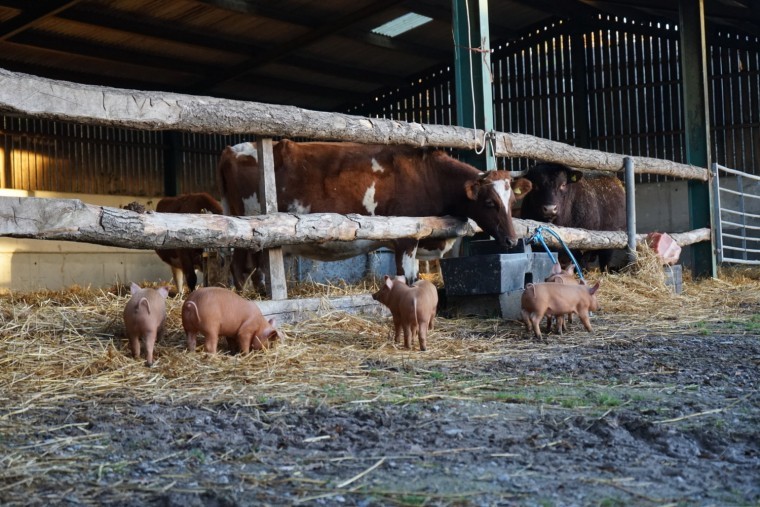The service for small and medium sized companies in England, Wales and Scotland includes farms, and offers a 30% capital grant up to a maximum of £10,000 to replace old equipment with a modern energy efficient equivalent.
The service also provides energy surveys to help identify relevant projects and procurement support to help farms buy suitable equipment.
A workshop to explain the service is being hosted by Southampton city council on Tuesday 14 March between 9:30 am and 12 pm at Southampton city council, Civic Centre Road, Southampton, SO14 7LY. The workshops will help farms and businesses across England learn how to identify and reduce energy costs.
The topics covered will be: understanding and reducing energy bills through behavioural and low cost measures; focusing on the main areas of energy consumption in small businesses, which are heating and lighting; and explaining how to access funding and free site audits.
To discuss how a business could benefit from the support or to ask any questions about the green business fund, visit www.carbontrust.com/greenbusiness, email greenbusiness@carbontrust.com or phone 0207 8324773 to speak to an adviser.
Farm develops energy policy
Old Plaw Hatch Farm on the edge of the Ashdown Forest in West Sussex is planning energy savings after a visit by the Carbon Trust.
“They looked at our energy bills, surveyed the energy use on the farm and produced a very impressive report with several suggestions about how to reduce energy,” said Nir Halfon, one of six directors at Old Plaw Hatch Farm, which is a community farm on 200 acres owned by a charitable trust.
It has been a biodynamic farm for more than 30 years and has a dairy herd providing raw milk, cheeses, yoghurts and cream; some sheep, pigs and laying hens; and a garden of 12 acres provides a range of seasonally available fruit and vegetables.
The trust’s report made three recommendations and said the farm could receive financial support in the form of a rebate from the green business fund worth up to 15% of the capital cost of implementing the recommendations. The trust said this equates to an estimated £3,495 and would reduce the overall payback period from 3.7 years to 3.1 years. By following the recommendations, the farm could reduce its energy bills by £6,000 annually.
Mr Halfon said that on a community farm decisions can take a bit longer than on a family farm. “But we are developing an energy policy and are working with Low Carbon Across the South East to help us do that.” One of the trust’s recommendations was to replace and re-site six condensing units associated with refrigeration. “The farm shop uses refrigeration in the cold store and so do the bulk tanks and the fridges in the dairy,” Mr Halfon said. “Some of the condensers use gas which is not used any more. The farm shop has a number of display fridges additional cold stores have been built in as we developed the different enterprises. They have become overgrown with weeds and one member of staff now ensures they are kept clear.”
The aim is to replace the fridges with more energy efficient ones as well as building a walk in freezer and an additional cold store for onions.
The trust also recommended optimising the use of the farm’s thermal store. This was because last year, the farm installed a new boiler with a 2,000 litre thermal store in the dairy. “The trust felt water from that could be diverted to the milking parlour to do hot washes on the pipes,” Mr Halfon explained.
There are many complex processes on the farm, and Mr Halfon said it would have been difficult for the trust to grasp everything in the three hour visit. “For example, the system we use for processing milk into different products requires different temperatures of water and moving that around is quite complex. We use a lot of hot water to heat milk for yoghurt and it has to go down a drain. We are hoping that eventually we can find a way to recycle that hot water.”




